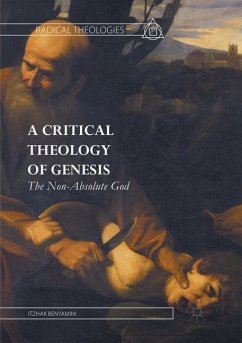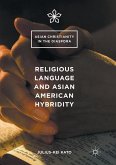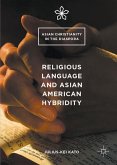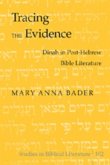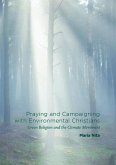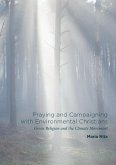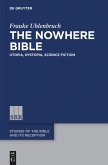In this book Itzhak Benyamini presents an alternative reading of Genesis, a close textual analysis from the story of creation to the binding of Isaac. This reading offers the possibility of a soft relation to God, not one characterized by fear and awe. The volume presents Don-Abraham-Quixote not as a perpetual knight of faith but as a cunning believer in the face of God's demands of him. Benyamini reads Genesis without making concessions to God, asking about Him before He examines the heart of Adam, Noah, Abraham, and the other knights of faith (if they are really that). In this way, the commentary on Genesis becomes a platform for a new type of critical theology. Through this unconventional rereading of the familiar biblical text, the book attempts to extract a different ethic, one that challenges the Kierkegaardian demand of blind faith in an all-knowing moral God and offers in its stead an alternative, everyday ethic. The ethic that Benyamini uncovers is characterized by familycontinuity and tradition intended to ensure that very axis-familial permanence and resilience in the face of the demanding and capricious law of God and the everyday hardships of life.
"A Critical Theology of Genesis: The Non-Absolute God is an English-language translation of a Hebrew monograph ... that offers theological commentary on Genesis 1-22. ... Benyamini's approach to Genesis is quite welcome and promising." (Craig Evan Anderson,Reading Religion, readingreligion.org, April 24, 2019)

